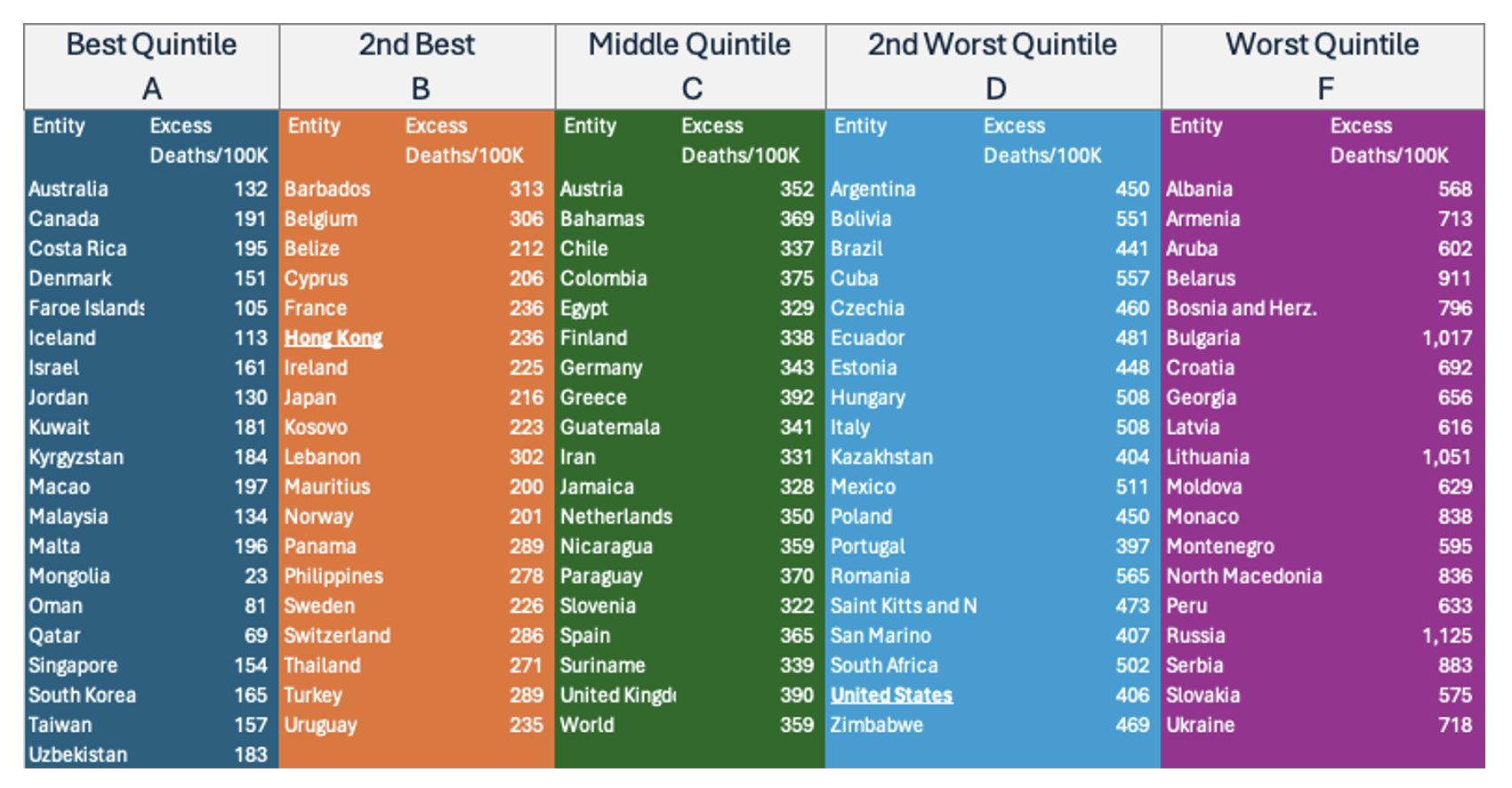From “Trust science!” to “trust-science”
There is an evangelistic strain in humanity that propels both progress and chaos. The word “should” can precede a gift of precious wisdom or a put-down. We have all been on both sides of advice giving and know how getting advice can breed reactions spanning gratitude to resentment. Giving advice can arise from selfish and altruistic motives- often both.
The promise of the public health profession has been discovering scientific facts that allow communities to work together to create the conditions for health. The public health cycle assesses population health, develops policy, assures solutions, and then repeats. Some areas in public health make progress within insulated circles of scientists and technocrats. For example, the basic scientists in public health work out biological mechanisms of what causes diseases and exchange their ideas with their professional enclave. However, the closer one gets to applying discoveries—changing policies, norms, practices, and environments, the more one needs additional skills in partnership and communication. Pontification does not win hearts or minds in policy circles.
Speaking to the public as an expert can risk come off as dogmatic or condescending. An essential competency in public health communication is the ability to create relational conditions of trust based on respect and repeated interaction. The competency of community trust-building is neglected as a research field and as an area of pedagogy. Academic careers are made by published discoveries, not by policy translation. Public health mentors with this experience are scarce.
Higher education and the highly educated have an internal culture that supports deference to experts and hierarchy. Science and technical professions keep entry selective to those with the highest aptitude for their respective fields. People admitted to a profession are made to feel special in an almost priestly way with honorifics, white coats, and annual rituals with black robes and mortarboards. The incentive system driving academic leaders is self-reinforcing and unlikely to change on its own. Being elitist is a success strategy for top schools and top academics.
Here is why we can be hopeful. Communities themselves are asking for accountability. Instead of writing blank checks, governments are asking public universities to show how knowledge is being used for public well-being. Universities with schools of public health are at an advantage if their faculty can show meaningful partnerships, borne of co-production and equality. In-coming students of public health can do their part by demanding and co-creating new curricula in authentic community engagement. The people who come to the profession of public health are drawn by a need to see positive changes come about through science. The science of trust-building is rising and needs our fullest attention.



Comments
Post a Comment